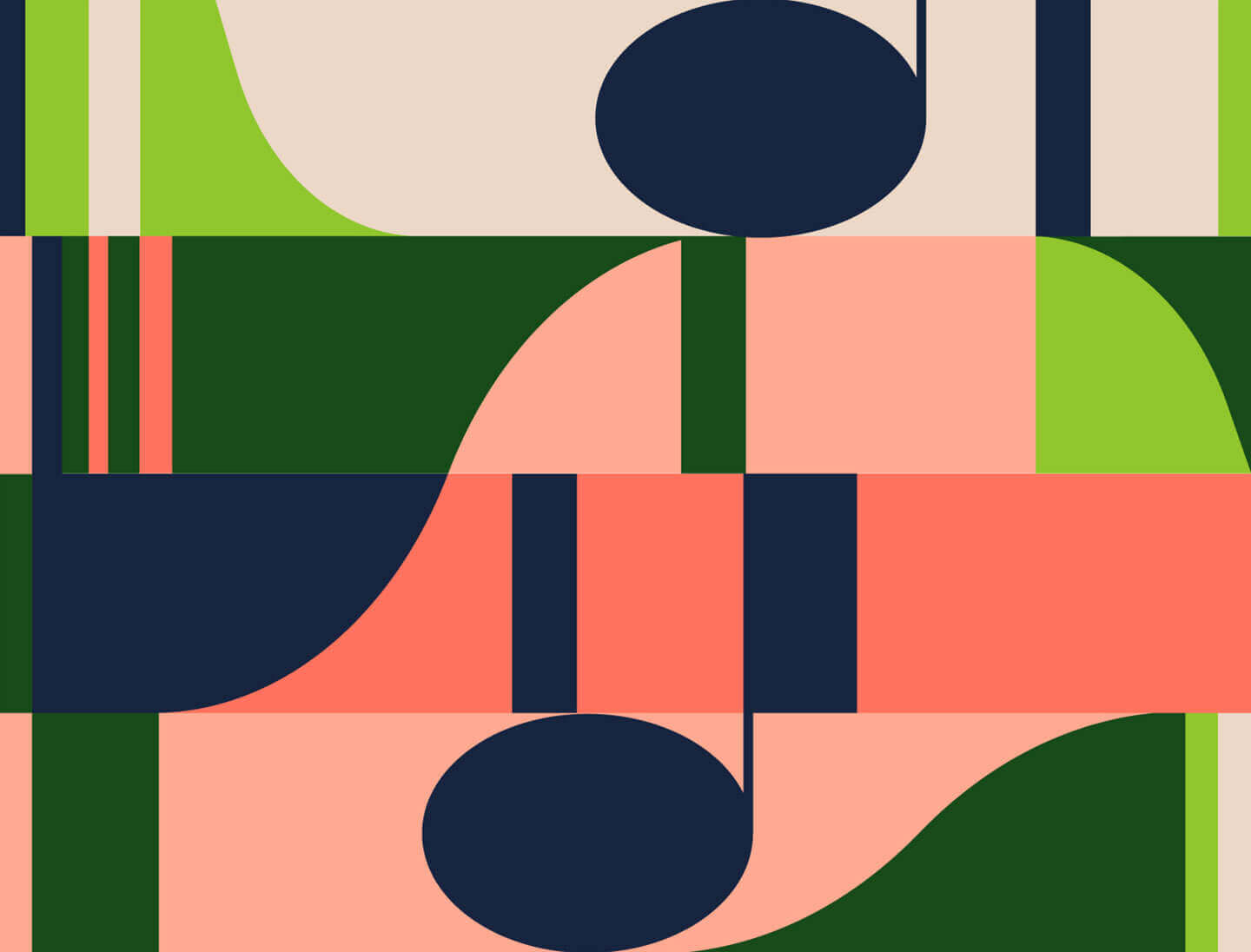September 13th, 2024 • DEI, Music Education
How Music Education Connects Us to Our Hispanic Heritage
By Neidy Hess, Grant Writer & Impact Stories Coordinator
I joke that my children develop their musical abilities naturally because it’s a part of their heritage! Truly, when it comes to being Latino-American and a part of the community at Omaha Conservatory of Music, we recognize how our culture plays a significant role in our musical learning. For my three children, who are half-Latino, music is a way to connect with their heritage and a vital part of their identity and growth.
Music is a way to connect with yourself
Shinichi Suzuki once said, “If children hear fine music from the day of their birth and learn to play it, they develop sensitivity, discipline, and endurance. They get a beautiful heart.” In our home, some of the first songs my children heard—apart from kid-friendly favorites and Top 40 hits—were the songs I grew up with, all completely in Spanish or showcasing traditional Latino rhythms. Many of these songs had string instruments accompanying them, which added another layer of richness to their experience.
By listening to this music from an early age, my kids weren’t just developing their ears for sound—they connected with our culture and heritage. It was as though Suzuki’s idea of developing sensitivity to the world came to life in our home.
When my oldest was 4, he had been exposed to enough music to ask, “Can I learn to play it?” His question was a turning point in our family life. We witnessed his curiosity shape into a development of discipline and endurance needed to learn a new instrument, especially among peers who look just like him. Since then, all three of my children have connected with music in ways that reflect their ethnicity and identity as young Latino musicians.
Music as a way to connect with others
One of Omaha Conservatory of Music’s most unique aspects is its student body’s diversity. My youngest, for example, formed a close friendship with another child of Latino heritage through cello classes. They don’t have to talk about their backgrounds to understand how much they have in common—it’s something they feel in the music they play together. And without OCoM, they may never have crossed paths!
But even if our friends in class aren’t Latino, we love that there’s a place where we can learn from and with one another. We’re always so excited to share how our heritage connects us to music and thrilled to hear from others as well. That’s part of what makes OCoM such a special place—our differences matter, and they’re celebrated!
Music as a way of celebrating Hispanic Heritage
While my children have a grandfather who is a cellist, it’s the Latino cellists they see in the world today that inspire them the most. Seeing musicians who share their heritage encourages them to believe that they, too, can follow in their footsteps. We often remind our kids of the long history of Latino musicians, especially cellists, and how special it is for them to be part of that lineage. It gives them a sense of pride and belonging.
My husband and I enthusiastically champion our children as they grow and learn to appreciate Suzuki instruction, even if many of the composers they play don’t look like them. Being a Latino Suzuki student is a way for them to tap into their roots and celebrate a culture where music has always been front and center. For us, Hispanic Heritage Month is a time to recognize and honor how our heritage enriches our children’s music education—and adds a little sazón to everything they do!
